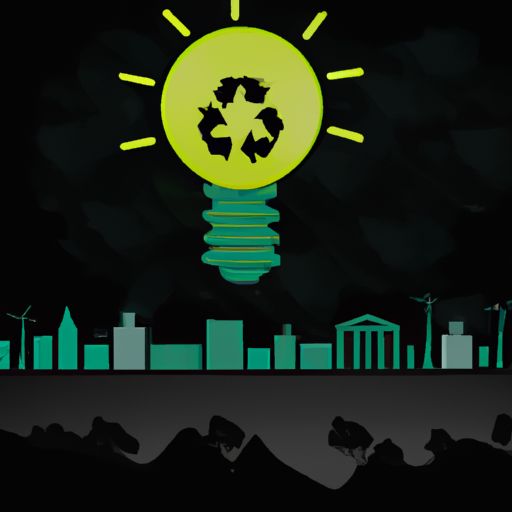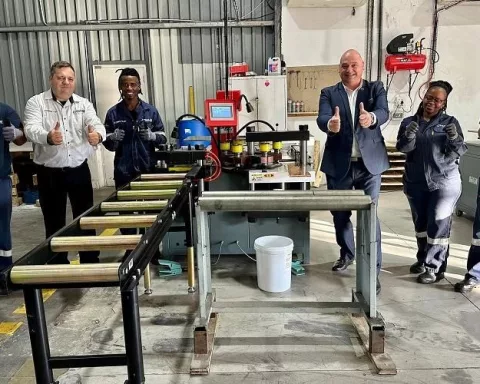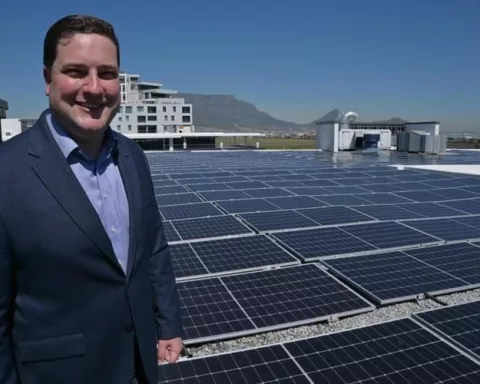Cape Town, also known as the Mother City, has been in the spotlight for the past few years due to the severity of load shedding experienced in the region. However, the city is now set to become the first load-shedding-free city in the country, thanks to the development of a solar PV and battery storage project near Somerset West.
The Paardevlei ground-mounted solar PV and battery storage project is expected to yield up to 60MW of renewable energy, enough to protect against one entire stage of Eskom’s load-shedding. The C40 Cities Finance Facility (CFF) supported the project, a global initiative offering cities technical and financial assistance to help green and transition.
A green and just energy transition
This initiative is an element of a larger three-year strategy that aims to protect the economy of Cape Town against power outages while also guaranteeing a green and equitable energy transformation. The German Federal Ministry for Economic Cooperation and Development, the Government of the United Kingdom, and the Agence Francaise de Development (AFD) are the three entities providing financial support for the CFF program. In their efforts to carry out a technical feasibility study, the project team will receive help from the CFF in the form of financial assistance.
Mayor Geordin Hill-Lewis stated that the plant would feature battery storage capable of providing up to an entire stage of load-shedding protection. The project is a significant step towards ensuring a sustainable future for Cape Town and serves as an example for other cities around the world to follow. By investing in renewable energy, Cape Town is creating a more resilient and reliable energy system while simultaneously reducing its carbon footprint and protecting the environment.
A forward-thinking government
To stop load-shedding for good in South Africa, the City of Cape Town has allocated R2.3 billion over the next three years to make the necessary improvements. The program was praised by Christopher Fry, the spokesperson for energy for the Democratic Alliance in the Western Cape. He said, “I applaud the City of Cape Town for showing what is possible with innovative and forward-thinking government.”
The project is one of two initiatives awarded support from the CFF. It is implemented by Deutsche Gesellschaft für Internationale Zusammenarbeit (GIZ) GmbH together with the C40 Cities Climate Leadership Group. Cape Town’s journey towards becoming a load-shedding-free city illustrates a significant achievement in the country’s energy transition. Furthermore, the project’s success aligns with the South African government’s commitment to renewable energy and achieving a just transition towards a low-carbon economy.
In conclusion, the Paardevlei ground-mounted solar PV and battery storage project is a significant milestone for Cape Town and South Africa. It is a testament to the power of innovative and forward-thinking government policies and the potential of renewable energy. With the project’s success, Cape Town is set to become a beacon of hope for other cities worldwide, illustrating how a green and just energy transition is possible, even in the face of challenges like load shedding.












